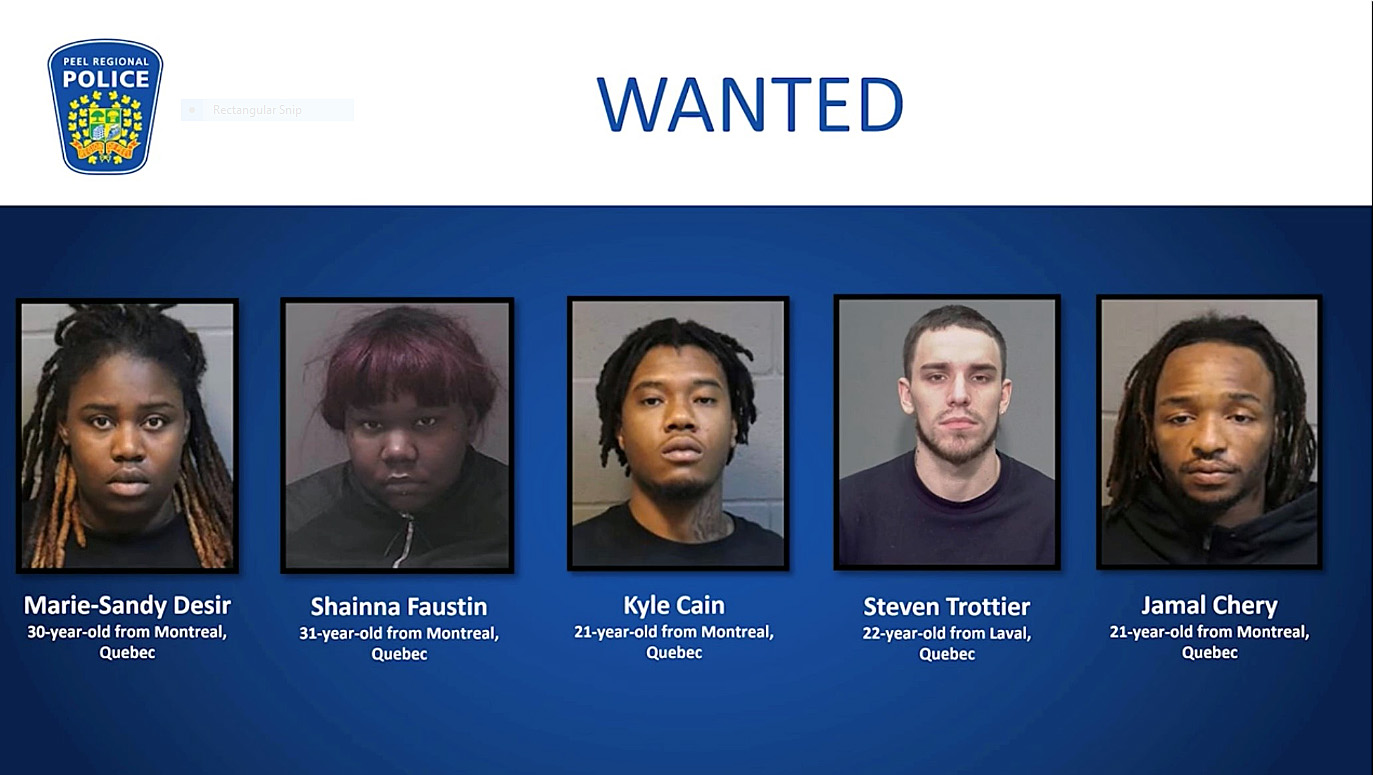Jobs
Toronto reveals ‘ambitious’ plan to invest in arts and culture over next decade | CBC News

Toronto Mayor Olivia Chow has announced details of a new plan by the city to make major investments in arts and culture over the next 10 years.
At a news conference on Thursday, Chow said the plan aims to bring cultural events to all corners of the city. The plan commits the city to a “future where culture is accessible to all,” Chow added.
“Art and culture make our city more livable,” Chow said at 401 Richmond St. W. “They help increase our quality of life and drive our economy. They even help define who we are to the world.”
The plan would: increase the budget of the Toronto Arts Council by $2 million annually over the next five years, starting in 2025; double the budgets of local arts service organizations from 2024 levels over the next five years, starting in 2025; index all cultural grants to inflation; and increase investment in creative industries and increase investment to support festivals and special events.
Chow said Toronto needs arts and culture, and artists need to be able to make their home in Toronto.
The mayor said city staff developed the plan with the help of “creativity, insights and expertise” from a wide range of people, including community members, artists and representatives of cultural organizations.
Under the plan, the city said it would address “critical challenges” as the loss of cultural venues, rising operational costs and the need for programming that reflects diverse communities.
Coun. Shelley Carroll, co-chair of the advisory panel that developed the plan, said the plan is a “bold vision” for arts and culture in Toronto. More than 4,000 residents took part in consultations that informed the plan, she said.
“It’s built upon really this core belief — that culture should be an essential part of the daily life of everyone in Toronto,” Carroll said. “When culture thrives, community thrives. We know that.”
Currently, much spending in arts and culture — about 77 per cent of municipal arts funding — occurs in four downtown wards. Under the new plan, funding would be spread out to reach different parts of the city.
More than 40 cultural venues have closed in Toronto since 2019 due to rising costs and development pressures, Carroll said. She added the plan is about “bringing audiences back.”
The plan matters because the city’s creative sector supports 93,000 jobs, she said.
Diverse communities to benefit from funding, artist says
Sariena Luy, a multi-disciplinary artist and a member of the advisory panel that developed the plan, said she’s pleased that diverse communities, such as her community at Jane and Finch, have been included and will benefit from the funding.
“We are going from the margins to the centre,” Luy said.
“It’s really thinking about how this plan now is actually addressing the concerns of residents in these neighbourhoods. How do we really support them in being able to have access to the resources and opportunities that they need to thrive?”

Plan would make Toronto ‘global cultural hub,’ city says
Details of the plan are contained in a city staff report entitled “Culture Connects: An Action Plan for Culture in Toronto.”
In a news release on Thursday, the city said: “Culture Connects sets an ambitious roadmap to invest in artists, cultural organizations and creative industries, expand cultural spaces, improve experiences for audiences and elevate Toronto as a global cultural hub.”
The city said in the release that key themes of the plan include:
- Culture everywhere — that means support for the development of one million square feet of new cultural space across Toronto over the next ten years.
- Culture for all — that means that every resident will have access to at least one free cultural experience in their neighborhood each month.
- Culture for the future — that means an increase in the city’s investment in culture by $35 million over the next decade to support diverse cultural initiatives.
- Culture beyond our borders — that means enabling 1,000 new creative export and artist exchange projects.
The plan will go to the city’s economic and community development committee on Oct. 23, before it heads to city council for approval on Nov. 13.









